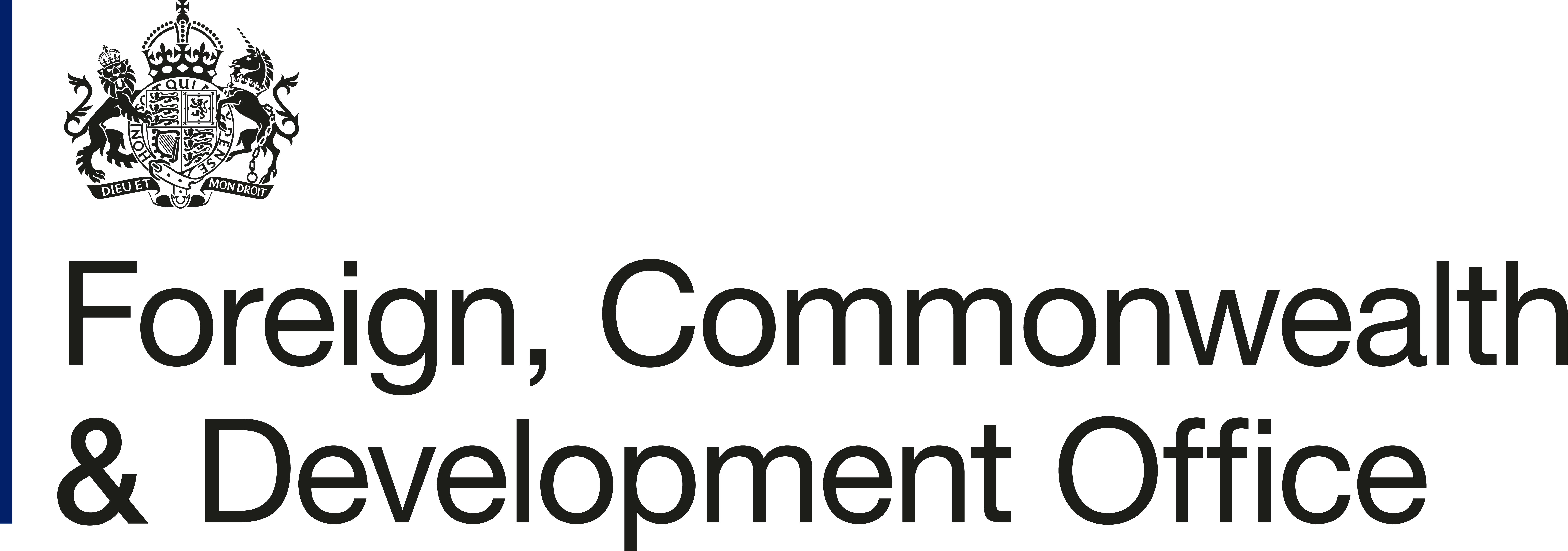Project overview
The shadow economy remains a persistent challenge for governments across Eastern Europe and the Mediterranean, undermining tax collection, distorting labour markets, and weakening institutions. This project, supported by the FCDO’s Research Commissioning Centre (RCC), seeks to strengthen understanding of the shadow economy and improve strategies to address it in the Baltic States, Cyprus, Georgia, Malta, and Moldova.
To do so, the project conducted two systematic reviews and three stakeholder workshops to assess policy effectiveness and measurement practices. Findings highlight a significant gap in rigorous evaluations of anti-shadow economy measures, especially in low-data environments. Yet the evidence base, including administrative insights and grey literature, points to promising approaches—such as targeted inspections, incentives for formalisation, digital reforms, and public awareness campaigns. A companion review of quantification methods underscores the value of multi-method approaches in understanding the scale and dynamics of informal economies.
Together, the reviews and consultations underscore the need for context-specific, evidence-informed strategies that combine detection and enforcement with trust-building, simplification, and inclusive incentives. All outputs are available below to support policymakers, practitioners, and researchers advancing formal economic participation.


Your starting point for Foreign, Commonwealth and Development Office (FCDO) funded research and development.
Quick links

All content is available under the Open Government Licence v3.0, except where otherwise stated.

